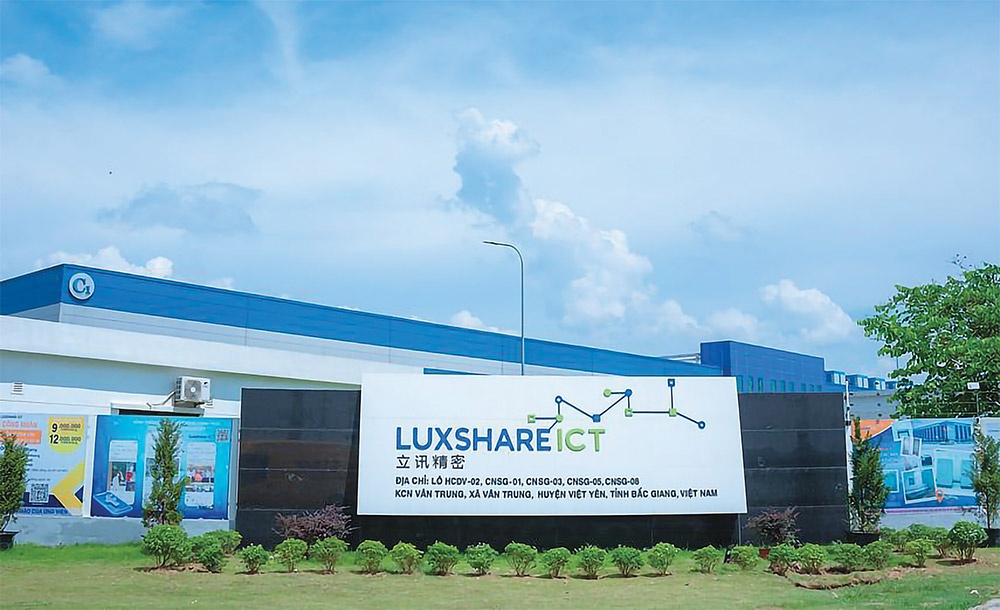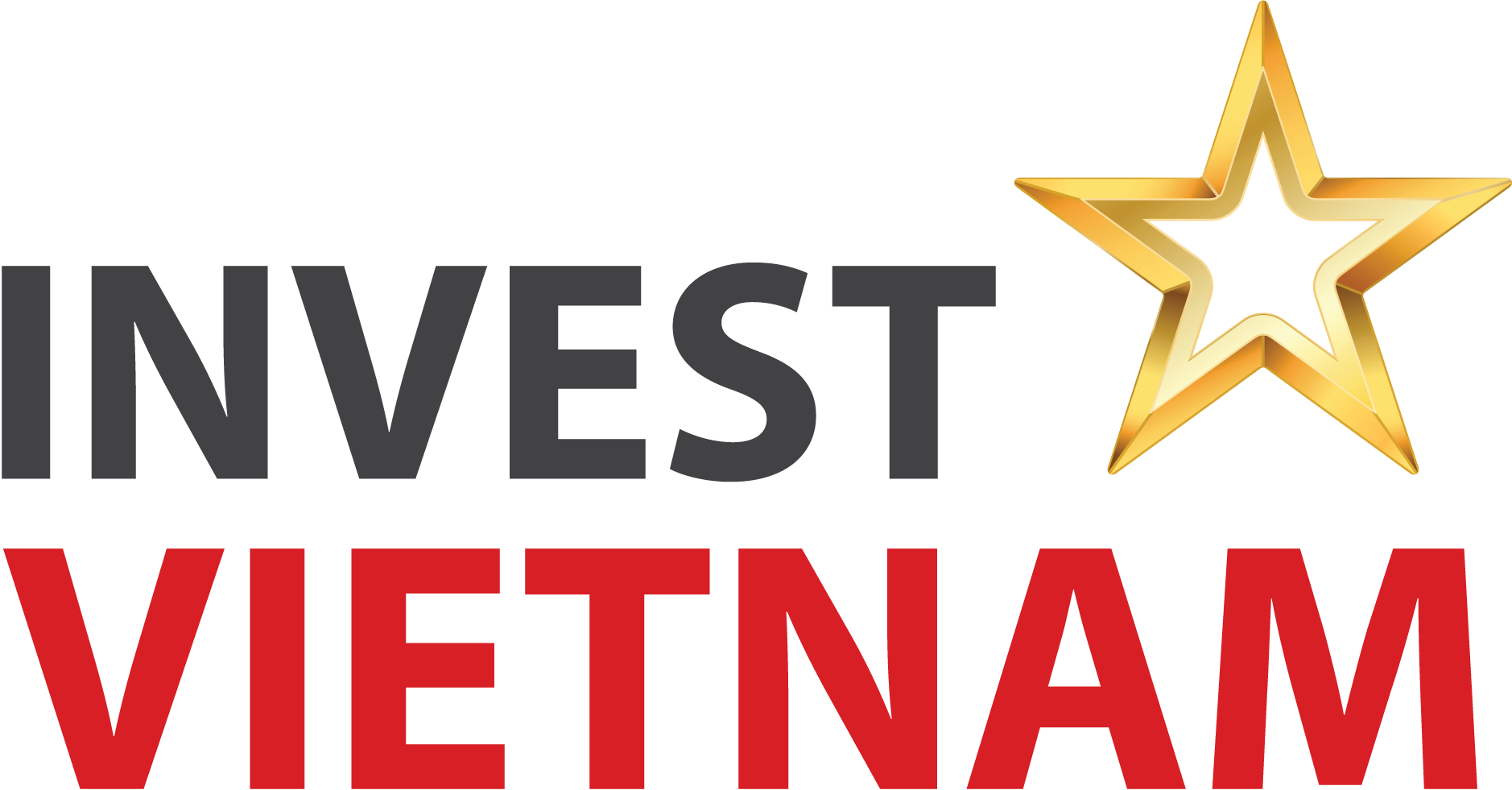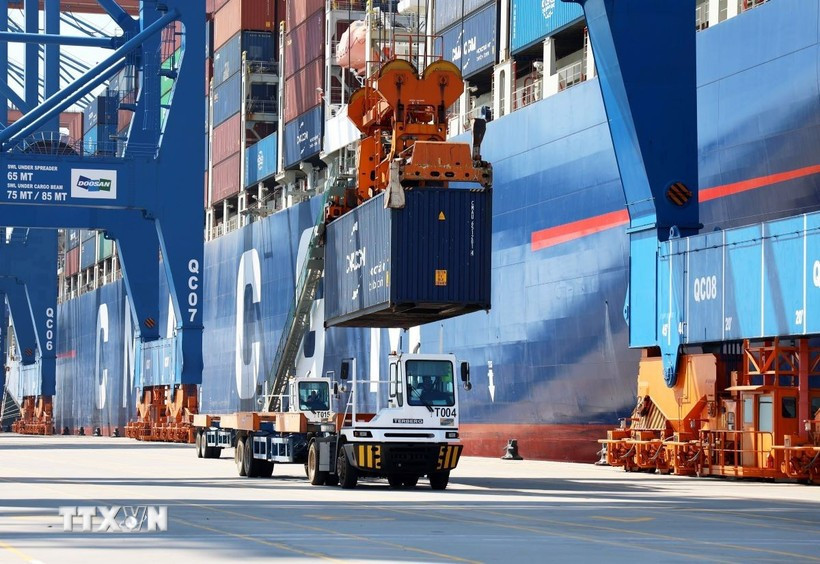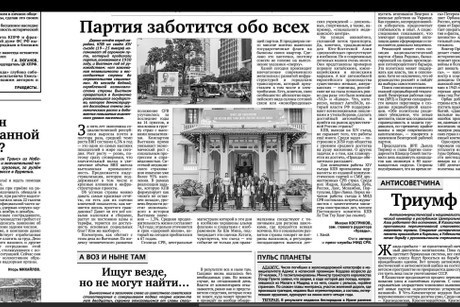Apple suppliers reinforce footprint with Vietnam plans
Several major suppliers of Apple are expanding their investment footprint in Vietnam, leading to a rise in demand for labour recruitment.

After receiving the go-ahead for a $383 million printed circuit board manufacturing project in late September, Taiwanese electronics giant Foxconn is eager to complete procedures to implement its plan.
Foxconn Singapore Pte., Ltd. will be the investor of the factory, named FCPV Foxconn Bac Ninh, which will be located at the Nam Son-Hap Linh Industrial Park (IP), with an annual capacity of 2.79 million items.
Foxconn plans to complete administrative procedures in the first quarter of 2025, build the factory by early 2026, and start official operations in Q3 of that year.
Elsewhere, Goertek Hong Kong, a subsidiary of Chinese electronics giant Goertek, is in the process of establishing a subsidiary in the same province, with an investment of $280 million. The move will support its business expansion and long-term operations in Vietnam, utilising local resources. The company plans to produce headphones, smartwatches, and VR/AR consumer electronics products.
Meanwhile, Luxshare-ICT Vietnam plans to put its expanded project in Vietnam’s northern province of Bac Giang into operation by July 2026. The project will span 29.1 hectares in the Quang Chau IP. The Apple supplier aims to complete administrative procedures this year, renovate its factories and install equipment from over the next year, and operate from mid-2026.
According to Luxshare’s latest plans, the company also intends to invest as much as $150 million in the central province of Nghe An to establish production facilities for Apple Watch and Huawei watches.
The continued expansion of Apple suppliers is driving a surge in their labour recruitment needs. Apple’s contract manufacturers in Vietnam plan to hire over 103,000 workers this year, primarily for factories in Bac Giang province. Foxconn, Apple’s largest supplier, was looking to take on another 12,000 workers for its plants in the Dinh Tram and Quang Chau IPs through the second half of this year.
Recruitment efforts peaked in late summer as companies prepared for the busy holiday shopping season, and firms like Luxshare and Foxconn are working to fill thousands of permanent and temporary assembly roles to manufacture products like AirPods and iPads.
“Companies seek workers aged 18-40 who have completed high school and are in good health. These companies offer a basic salary of VND5 million (over $200), social insurance contributions, and other benefits. To engage and retain workers, they also provide perks such as housing allowances, meal stipends, and overtime pay, raising total monthly incomes to VND8-12 million ($320-480),” said Nguyen Hau, a recruiter at Tri Thuc Viet JSC in Bac Giang.
“Many companies’ human resource teams have even travelled to small villages in the northern mountains and central regions to recruit workers, asking current employees to refer relatives and friends,” Hau added.
These manufacturers are also increasingly using social networks to reach potential workers. On platforms like TikTok and Facebook, recruiters post videos and host daily livestreams to advertise job openings.
Luxshare’s TikTok account posted a video announcing an increase in the reward for employees who successfully refer new workers, raising it from $40 to $75 if the new hire remains for 60 days.
The video offered tips on finding prospective candidates, such as using social media, distributing leaflets, and leveraging personal networks. Luxshare highlighted its top “recruitment star”, who successfully referred 37 people.
“Using social networks, particularly livestreams on Facebook and TikTok, is an effective way to capture the attention of potential workers thanks to the direct interaction. These platforms are extremely popular in Vietnam, especially among the youth. As recruiters, we also have the freedom to create engaging content, rather than posting simple and boring job notifications on Facebook,” Hau said.
Tong Diep Anh, marketing director at recruitment firm Viec 3 Mien said, “With more factories competing for the same pool of workers, many companies have had to increase perks and find creative ways to draw in workers. In the past, when demand for work was high, workers had to pay to secure a job. Now, with a saturated job market, workers have more choice.”
By Oanh Nguyen
Source: VIR
Original link







